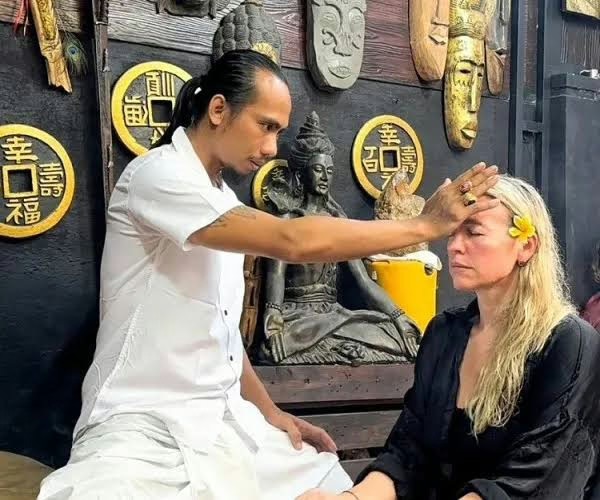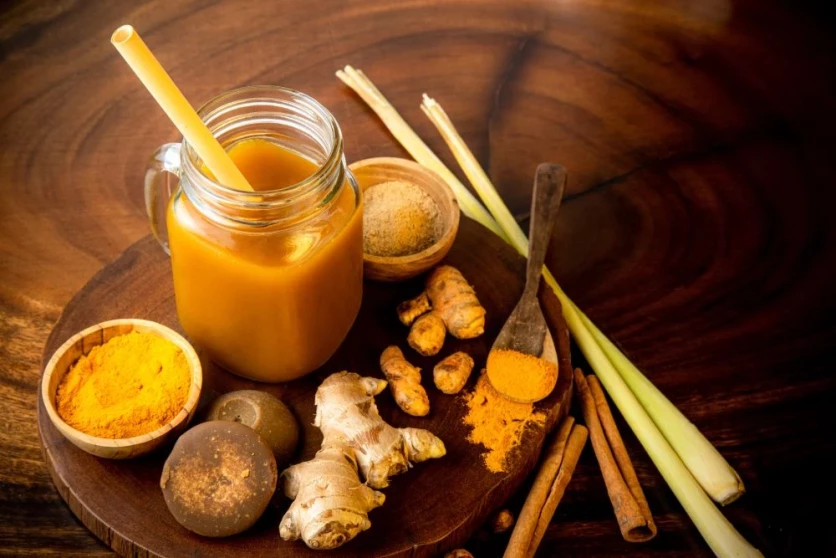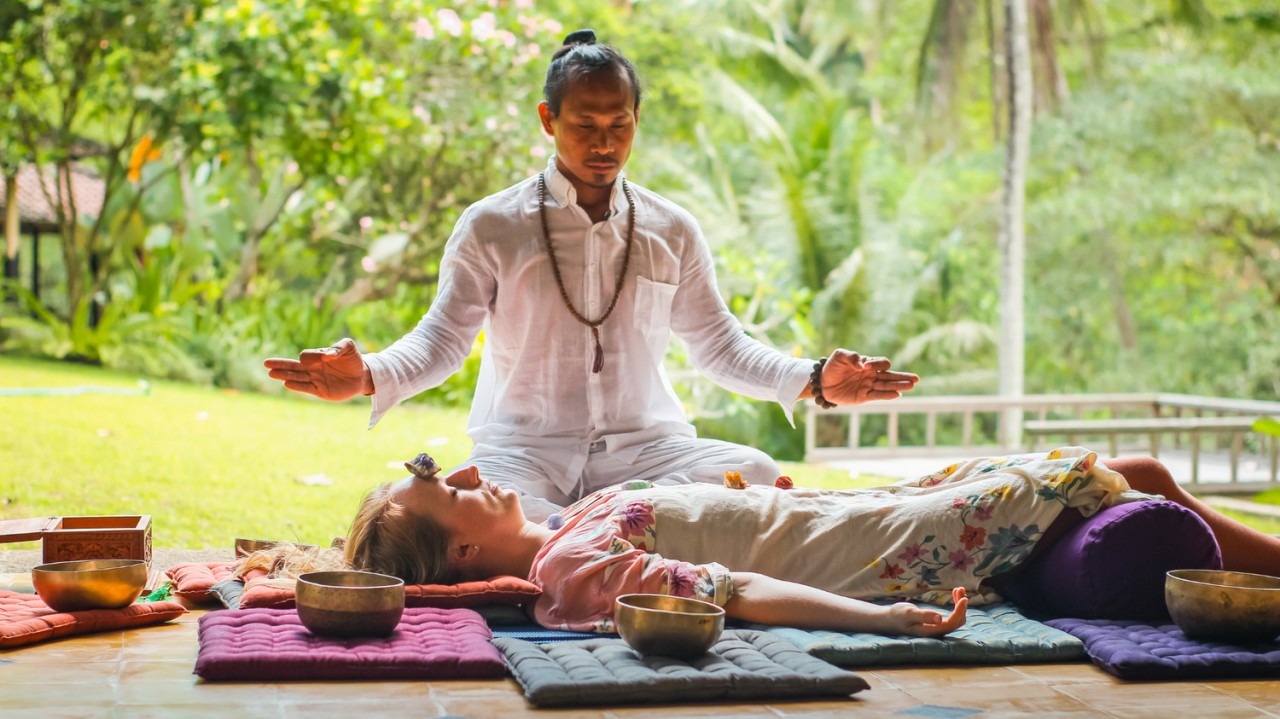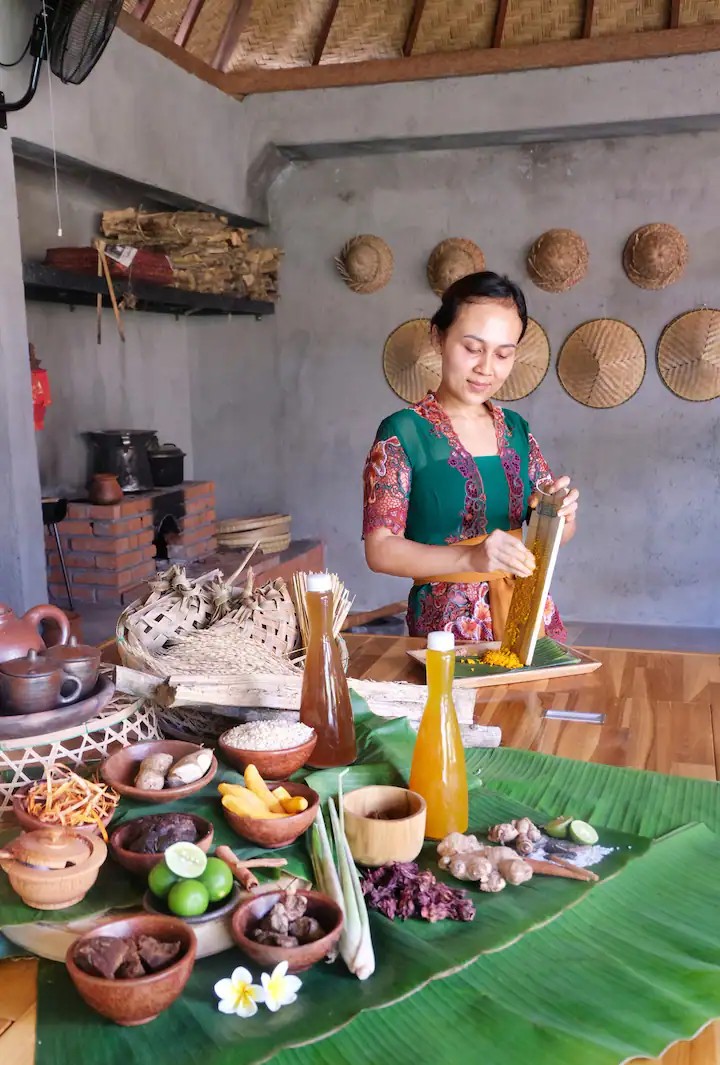An important healthcare reform is underway in Bali: traditional Balinese medicine Usada Bali will officially become part of the healthcare system. This decision was made by the governor of the province, Wayan Koster, emphasizing that it's time to integrate ancient knowledge with a modern approach to treatment.

Usada Bali is a traditional healing system using local medicinal plants, infusions, energy practices, prayers, water purification, and other rituals. This knowledge has been passed down through generations and is still practiced today. According to Bali's Department of Health, about 30% of rural residents turn to traditional healers as the first point of contact when feeling unwell.
Until now, Usada Bali did not have an official status—it was seen more as part of cultural identity than a healthcare element. This is what the governor decided to change.
At a recent coordination meeting, Wayan Koster stated:
"Usada Bali is not a museum exhibit. It's a functioning system that has proven its effectiveness. It's time to give it structure."
Koster has instructed to develop professional training standards for those practicing Usada Bali. This will increase public trust and allow tourists and locals to seek out certified specialists.
To make the approach safer and limit the activities of pseudo-healers, they will also develop standard operating procedures (SOPs). This is a unified action algorithm that all verified specialists will follow. For example, it will outline how to properly collect and store medicinal herbs, the order in which to conduct cleansing rituals, the duration of procedures, and the contraindications for various methods.
Regarding medicinal herbs and plants, data about them will be structured and scientifically documented, as they are currently passed down orally or through ancient manuscripts— lontars. Moreover, special areas will be created for the cultivation of plants used in Usada Bali.
Nevertheless, not all traditional medicine methods can become part of the official healthcare system. Usada's remedies must have their effectiveness and safety confirmed in a laboratory.
"It's not only about preserving culture but also a path to medical independence and economic sustainability," Koster emphasized.
According to him, Usada Bali can become a "selling point" for the island. Natural, eco-friendly, deep healing without chemicals will attract more fans of medical tourism, tired of traditional clinics. Therefore, Usada centers will also open in tourist areas—Canggu, Ubud, Sanur, and Uluwatu.
This means that traditional medicine can now be accessed not only by turning to village healers but also in modern clinics with understandable services and certified specialists. This is especially relevant for those seeking gentle and natural recovery methods, interested in energy practices, and working with the body and emotions.
It is expected that in the coming months, the legislative process will be completed, and Usada Bali will gain legal recognition. The governor is actively promoting this issue, and a working group led by Professor Made Agus Gelgel Wirasutra of Udayana University's Faculty of Pharmacy is developing the technical details—from certification to treatment protocols.
If the bill is passed, Bali will become the first region in Indonesia to integrate traditional healing into state medicine.



You can add one right now!